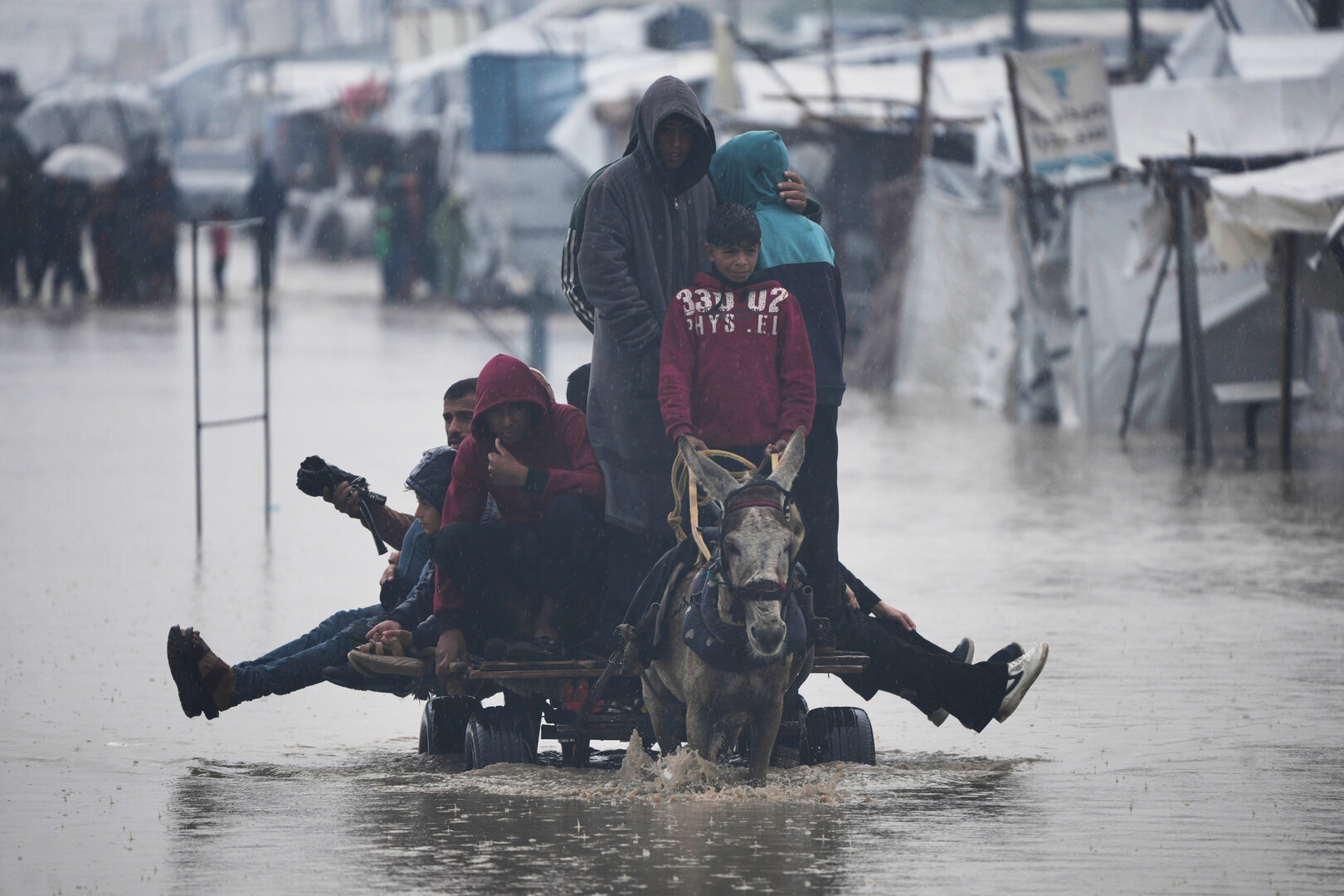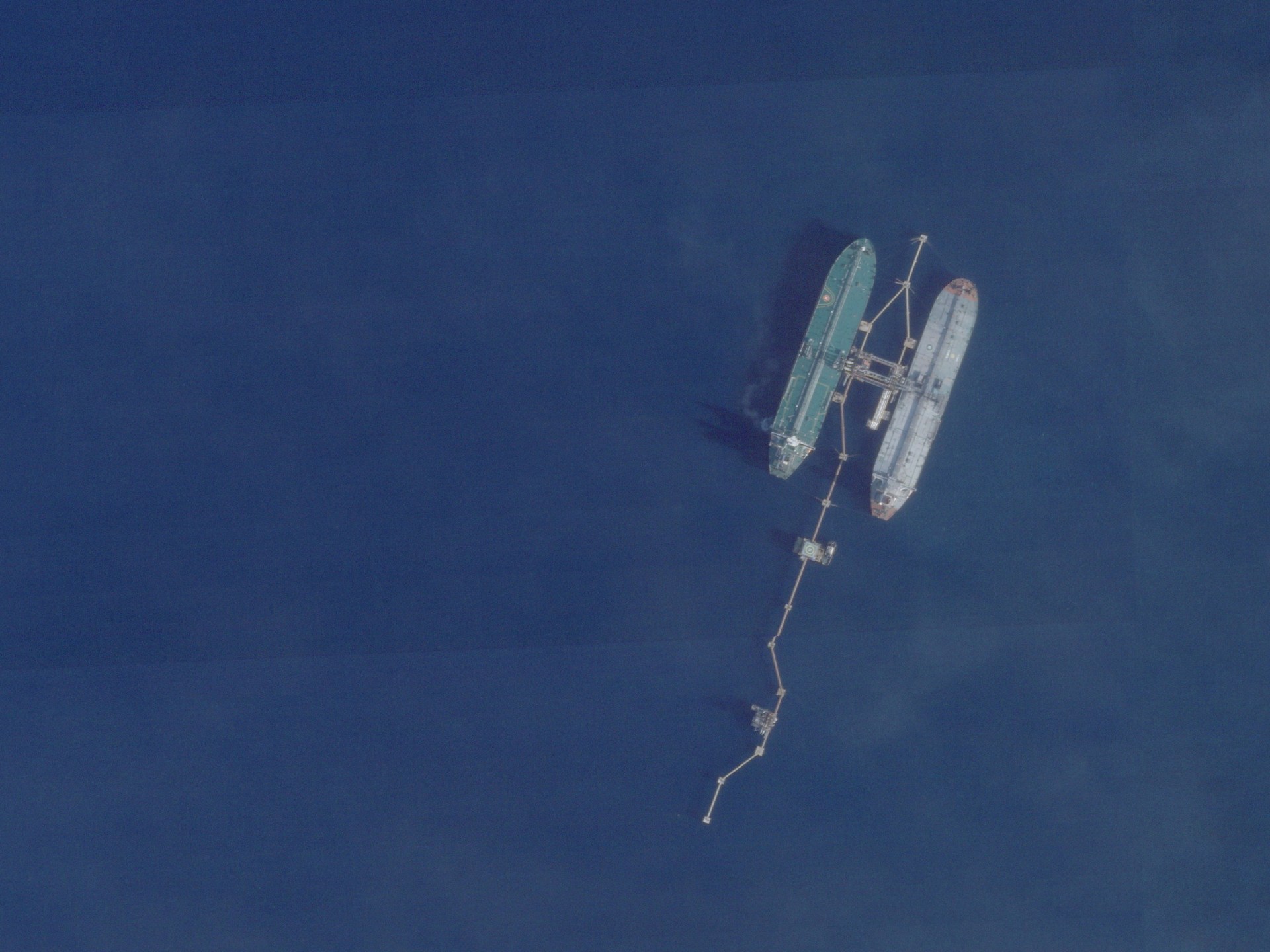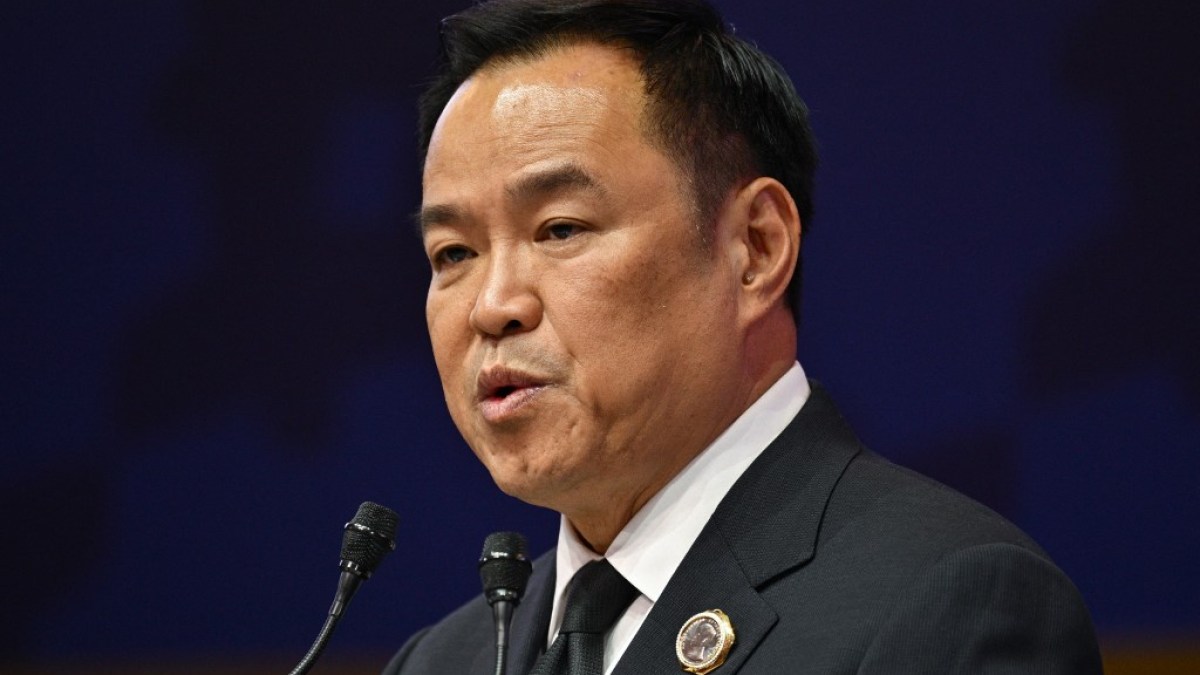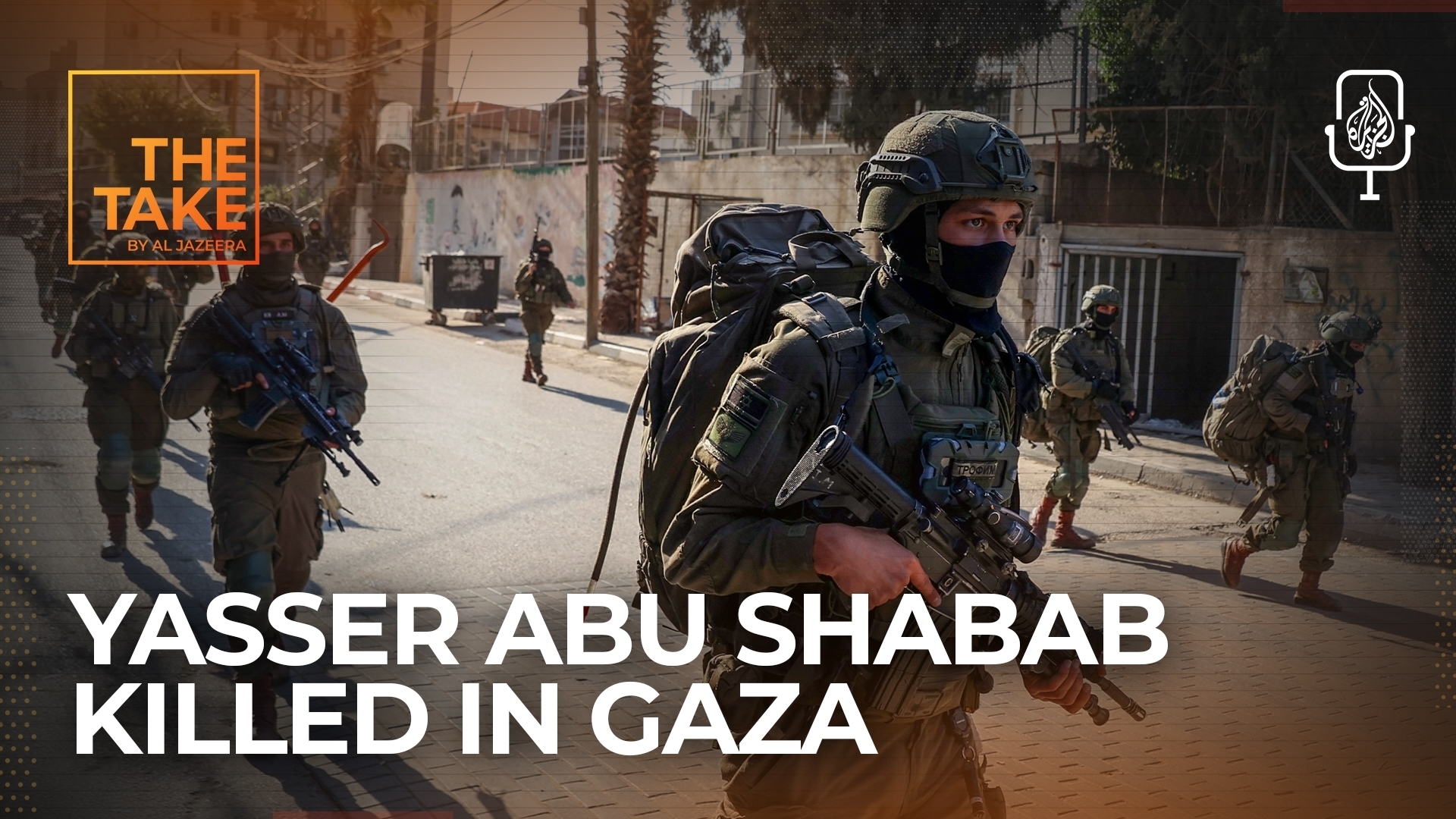United States Senators have rejected duelling health bills aimed at helping Americans deal with rising insurance costs in the new year.
On Thursday, Republicans blocked a Democrat-led measure that would extend COVID-era subsidies for three years under the Affordable Care Act, popularly known as Obamacare.
Recommended Stories
list of 4 itemsend of list
The proposal was the congressional Democrats’ solution to address rising healthcare premiums next year. But the legislation failed to attract enough Republicans and fell short of the chamber’s 60-vote threshold to advance.
All Democrats voted for the bill alongside four Republicans: Lisa Murkowski and Dan Sullivan of Alaska, as well as Susan Collins of Maine and Josh Hawley of Missouri.
Without the subsidies, premiums could more than double in cost on average, according to KFF, a health policy organisation.
For some, like Nicole Sheaff, a mother of four in New Hampshire, her prices would quintuple.
“I’m terrified we won’t be able to keep up with our mortgage. At the same time, going without health insurance is not an option. My husband has a chronic condition that he needs medication to manage, and he wouldn’t be able to afford it without health coverage. He’s lost family members to the same condition, and we simply can’t take that risk,” Sheaff said in testimony in front of the Democratic Steering and Policy Committee earlier this month.
Republican bill fails as well
A Republican-led proposal earlier in the day also failed to pass. The measure would have sent up to $1,500 to those making less than 700 percent of the federal poverty line, which would be $110,000 for a single person and $225,000 for a family of four.
The payments are intended to help cover out-of-pocket costs for “Bronze” or “Catastrophic” plans on the healthcare marketplace to help meet the threshold they need to pay before their insurance kicks in.
The funds come with limitations that Democrats have long objected to, including verification of citizenship status and that the funds could not be used for abortion or gender transition treatment.
All Democrats voted against the measure and were joined by Republican Senator Rand Paul of Kentucky.
The proposed funds are far below the plans’ deductibles, meaning that even after that payment, a patient would be on the hook for up to $7,500 in out-of-pocket medical expenses before their insurance would start to pay for part of their care.
Those costs can rack up quickly for people with lower-cost plans, with a visit to a US emergency room costing between $1,000 and $3,000, while an ambulance ride can cost anywhere from $500 to more than $3,500.
Underscored by higher costs in food and housing, Felicia Burnett, national director for health care for MomsRising, a family advocacy organisation, said the families around the country are running out of ways to cut costs and higher healthcare bills only further the strain.
“The thing that I’m hearing, honestly, is fear. Families have reached the end of what they’re able to cut, and they’re fearful about their future. They don’t know what to expect when they’re not able to afford to go to the doctor or get the care that they need,” Burnett told Al Jazeera.
“Families are going to be having to make really difficult choices between receiving treatment for their ongoing health issues or buying prescriptions and affording their other basic needs like food and housing.”
Americans back subsidy continuation
Approximately 2.2 million Americans could lose their health insurance premium subsidies if they are not extended, according to the Congressional Budget Office, leaving low- and middle-income families struggling to maintain coverage.
A new Reuters/Ipsos poll found Americans back a healthcare subsidy continuation. Some 51 percent of respondents — including three-quarters of Democrats and a third of Republicans — said they support extending the subsidies. Only 21 percent said they were opposed.
Insurance companies have warned customers of the rising premiums in the new year, and Democrats argue there is not enough time to do anything but a clean extension of the tax credits. Congress is set to leave Washington at the end of this week and will not return until January 5.
With more people forgoing insurance altogether because of the cost, experts like Dr Bruce Y Lee, professor of public health at CUNY Graduate School of Public Health, says there will be additional strains on emergency rooms, which have an obligation to treat people with or without a way to pay for care.







